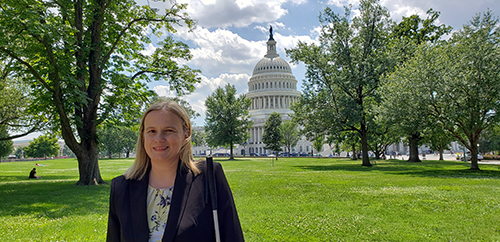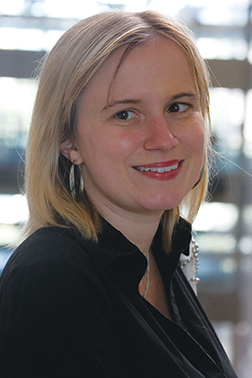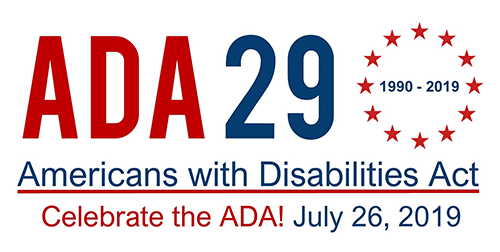Stacy Cervenka joined AFB in 2019 as Director, Public Policy. She has worked in the public policy field since 2006, having served as a legislative assistant to former U.S. Senator Sam Brownback, a government program analyst at the California Department of Rehabilitation, and as the executive officer for the California State Rehabilitation Council.
Stacy has worked primarily on issues surrounding disability employment policy, disability rights, adoption and foster care, juvenile justice, child protection, labor, and transportation. In October 2018, she received the Holman Prize for Blind Ambition from the San Francisco Lighthouse for the Blind to develop an online travel forum (Blind Travelers Network) for people who are blind and low vision.
Stacy formerly served as the Chair of the National Federation of the Blind’s Blind Parents Group and sits on her local public transportation agency’s advisory board.
Stacy holds a master’s degree in Rehabilitation Counseling from Texas Tech University and a bachelor’s degree in French and Italian from the University of Minnesota.
More by this author
AFB Is Fighting to Protect Rights of Blind and Low Vision Students During COVID-19 Pandemic
Welcoming Blind Consumer Groups to Washington, DC

Have a Blind or Low Vision Parent on Your Holiday Shopping List? Start Here.

Employment Program Gaps
Blindness Hits Primetime — How Accurate Is This Is Us’s New Blind Character?
AFB Is Working to Strengthen Paratransit Services

AFB Celebrates the 29th Anniversary of the Americans with Disabilities Act

Happy 20th Birthday to the Olmstead Decision!
